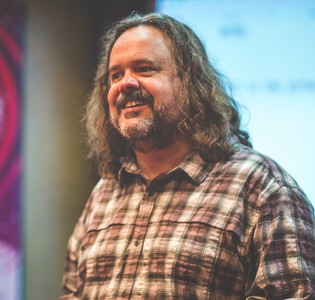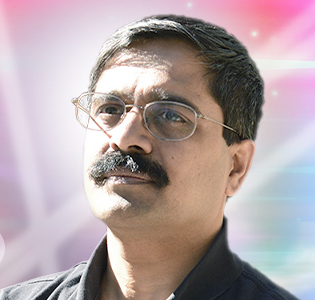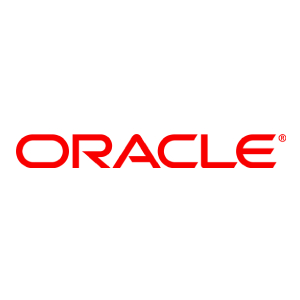Open Source in AI: Unmasking Llama 2, Qwen-7B, and Falcon

"Open source" in the realm of Artificial Intelligence (AI) often echoes as a beacon of transparency and collaboration. But when we scrutinize AI models like Meta's Llama 2, Alibaba's Qwen-7B, and the UAE's Falcon, does the open-source badge truly embody these ideals, or is it merely a corporate accessory? Let's probe further.
Dismantling the Open-Source Mirage: Alibaba's Qwen-7B
Launched as an open-source offering, Alibaba's Qwen-7B, a model boasting 7 billion parameters, appears promising at first glance. The model's GitHub repository reveals that it was trained on a large-scale dataset. However, explicit details about these datasets are missing, leaving a gap for those attempting to replicate the process.
This perceived lack of transparency has triggered criticisms within the AI community. Some argue that simply permitting the download of model weights doesn't fulfill the true essence of open source. One such critique suggests that truly open-source projects should adopt the label "super open source," although there are concerns that large tech companies might co-opt this term as well without providing the expected transparency.
Meta's Llama 2: Is There More Than Meets the Eye?
Meta's Llama 2, another model presented as open source, was pretrained on publicly available data sources, and the fine-tuned model leverages public instruction datasets and over a million human annotations. But, like Qwen-7B, it fails to provide specifics about these datasets, leaving many questions unanswered for those looking to reproduce the training process.
UAE's Falcon: The Dark Horse in the Open Source AI Race
The open-source AI landscape is further complicated with the emergence of Falcon, an AI model from the UAE. While Falcon is freely available for research and commercial utilization, it is yet to be seen whether it fully adheres to the principles of transparency and replicability that define true open source.
Navigating the Open Source Maze: A Tale of Llama 2, Qwen-7B, and Falcon
The open-source claims of Meta's Llama 2, Alibaba's Qwen-7B, and UAE's Falcon highlight the complexities of open-sourcing AI models. While these models offer a level of openness, the lack of detailed disclosure about the training data raises questions about their alignment with the traditional concept of open source.
The Open Source Enigma in AI: Unraveling the Controversy
In open-source projects, the ability to precisely replicate the training process is a fundamental expectation. It enables other researchers and developers to validate the results, build upon the work, and potentially refine the models. However, without access to the specific training data, this critical aspect of open source remains unfulfilled.
The debate around the open-sourcing of AI models continues to rage within the AI community. The need for a clear and standardized definition of 'open source' in the context of AI is increasingly apparent. Only with such a standard can we ensure transparency, accountability, and collaboration in the AI field.
Peering into the Crystal Ball: Deciphering the Open Source Paradox in AI
Our exploration of Llama 2, Qwen-7B, and Falcon paints a paradoxical picture of the open-source landscape in AI. The label of open source can sometimes be as opaque as the algorithms it covers. As we navigate this paradox, the need for a universally accepted definition of open source becomes more pressing. This clarity could be the key to unlocking a new era of AI development.
Your thoughts matter. What do you believe 'open source' should mean in the context of AI? How do you perceive the open-source claims of models like Llama 2, Qwen-7B, and Falcon? Join the conversation and let's shape the future of AI together.
Have questions or comments about this article? Reach out to us here.
Banner Image Credits: From the Expo at Great International Developer Summit






